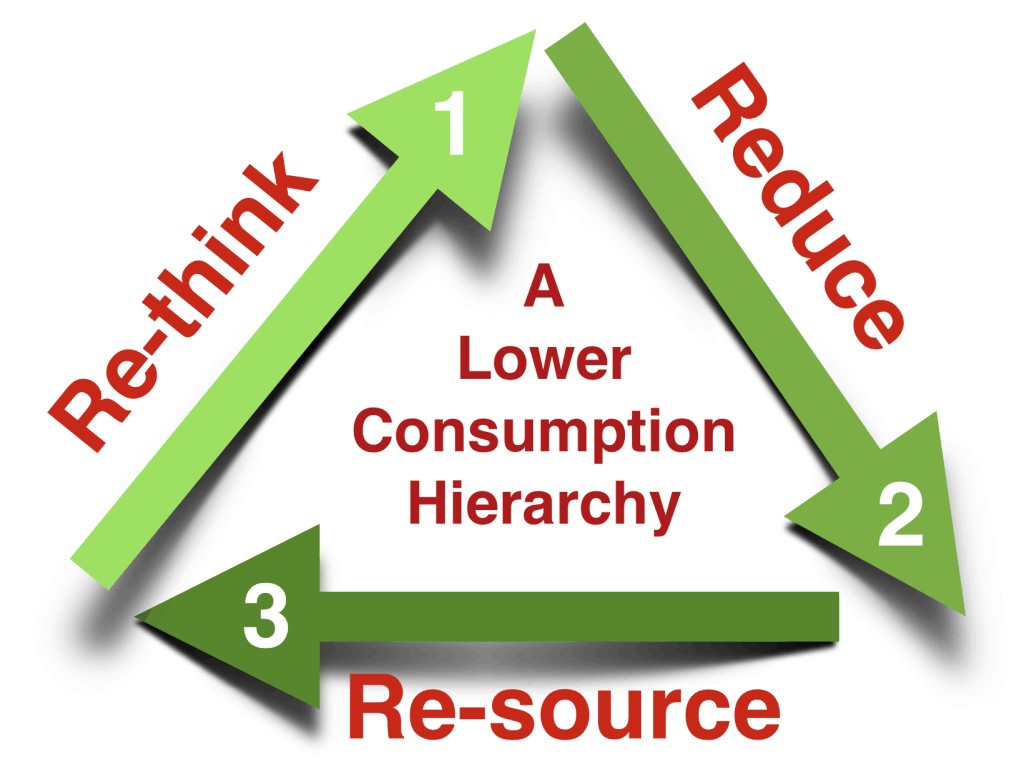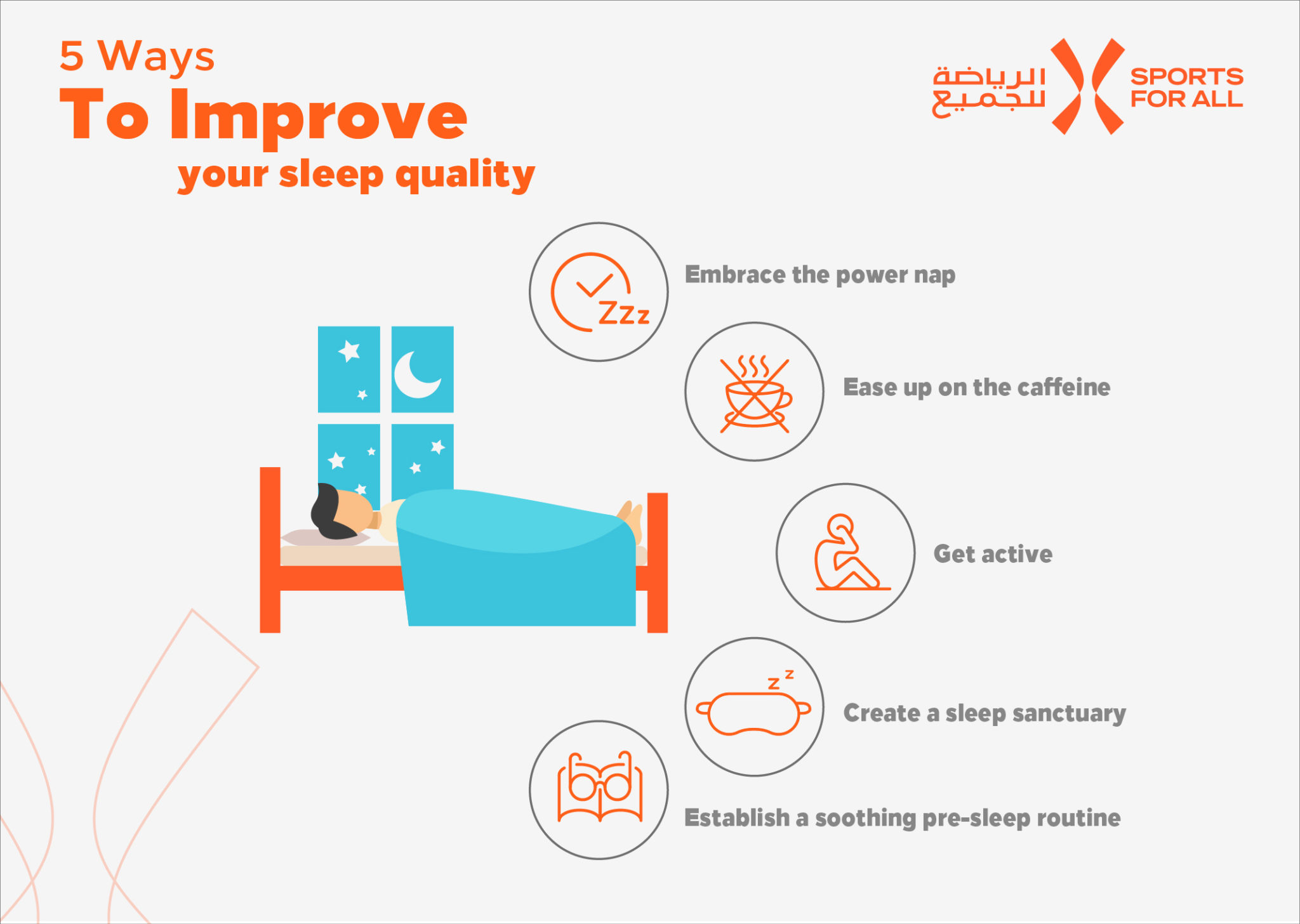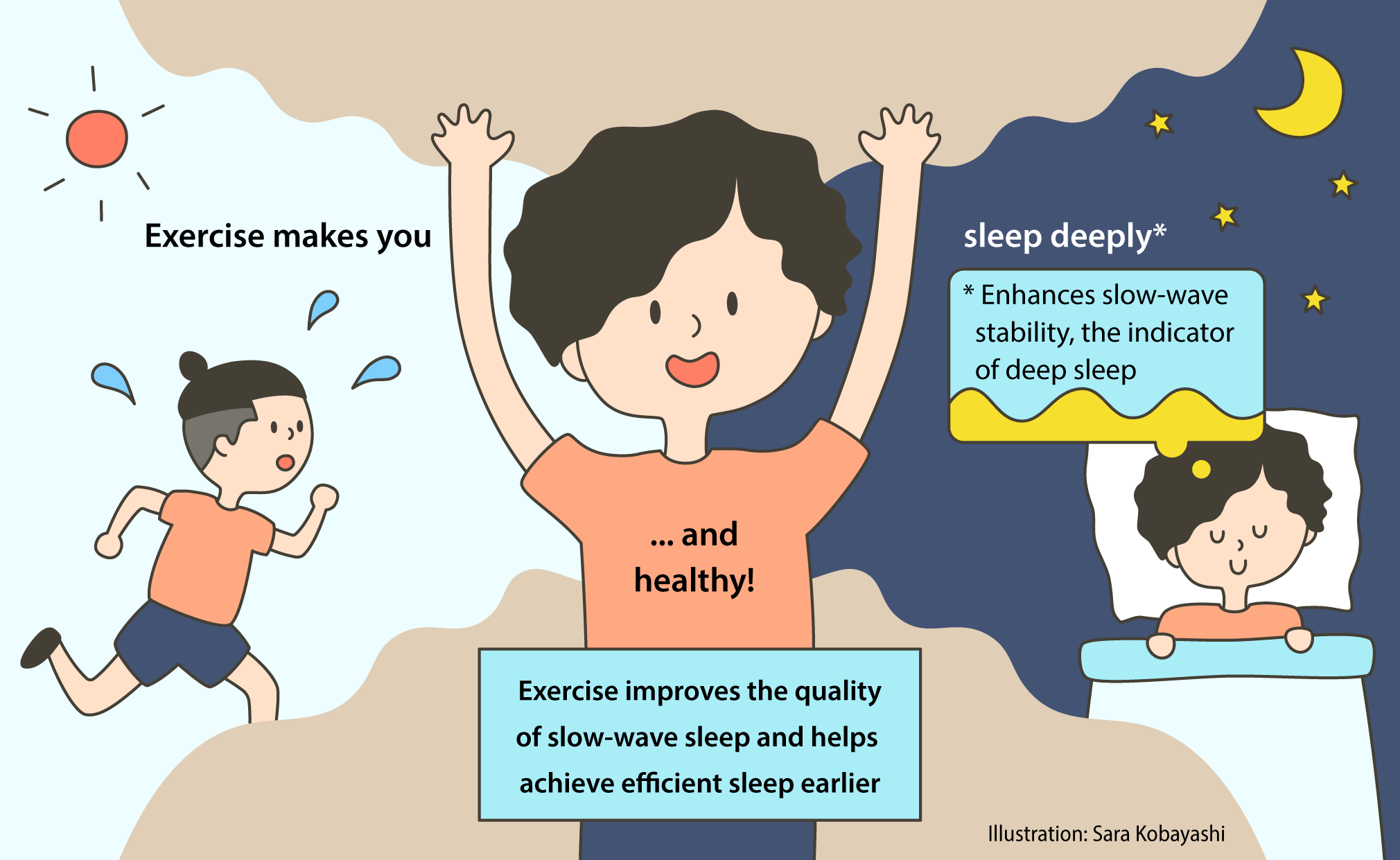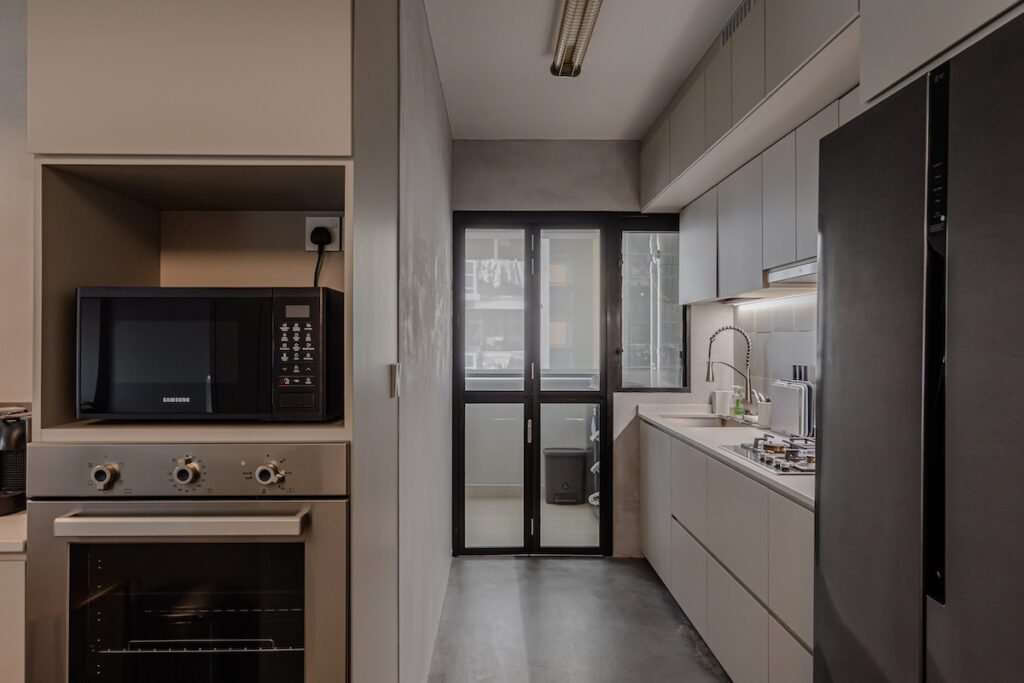Having no TV in the living room can significantly reduce distractions for both adults and children. With the TV out of sight, there won't be any temptation to turn it on and get lost in mindless scrolling or channel surfing. This allows for more focused and productive activities such as reading, playing games, or spending quality time with loved ones.Reduced Distractions
Without the constant presence of a TV, families are more likely to engage in meaningful interactions and bond with each other. This can lead to stronger relationships and a deeper understanding of one another. Instead of being glued to the TV screen, families can engage in activities together, have conversations, and create lasting memories.Improved Family Bonding
With no TV to serve as a distraction, conversations in the living room can become more frequent and meaningful. Without the noise and visuals of a TV show or movie, people can focus on each other and have deeper discussions. This can improve communication skills and strengthen relationships among family members and friends.Enhanced Conversation
A TV can take up a significant amount of space in a living room, limiting the room for other activities. Without a TV, there is more space for other activities such as yoga, playing board games, or even rearranging furniture for a refreshing change. This can make the living room a more versatile and functional space.More Space for Activities
By not having a TV in the living room, you will be reducing your energy consumption and doing your part for the environment. TVs are one of the biggest energy-consuming appliances in a household, and by eliminating one from the living room, you can significantly reduce your carbon footprint.Reduced Energy Consumption
Having a TV in the living room can also disrupt your sleep quality. The blue light emitted from screens can interfere with your body's natural sleep cycle and make it harder to fall asleep. By removing the TV from the living room, you can create a more relaxing and sleep-friendly environment, promoting better sleep for everyone in the household.Improved Sleep Quality
With no TV in the living room, you can control the media that enters your home and the minds of your family members. By limiting exposure to negative news and other media, you can create a more positive and peaceful living environment. This can also be beneficial for children, as they are not exposed to inappropriate content.Less Exposure to Negative Media
Without a TV to distract you, you may find yourself being more productive in the living room. This can be a great space to work on projects, study, or engage in creative activities. With fewer distractions, you can focus better and get more done in less time.Increased Productivity
A TV can often be the focal point in a living room, dictating the placement of furniture and affecting the overall aesthetic. Without a TV, you have more freedom to decorate the living room according to your personal style and preferences. This can lead to a more visually appealing and cohesive living space.Improved Decor Aesthetics
Without a TV in the living room, you and your family members may discover new forms of entertainment. This could include playing musical instruments, doing arts and crafts, or even just having deeper conversations. By limiting the use of screens, you can encourage more creative and engaging activities that can benefit everyone's overall well-being.Encourages Alternative Forms of Entertainment
The Benefits of Not Having a TV in Your Living Room
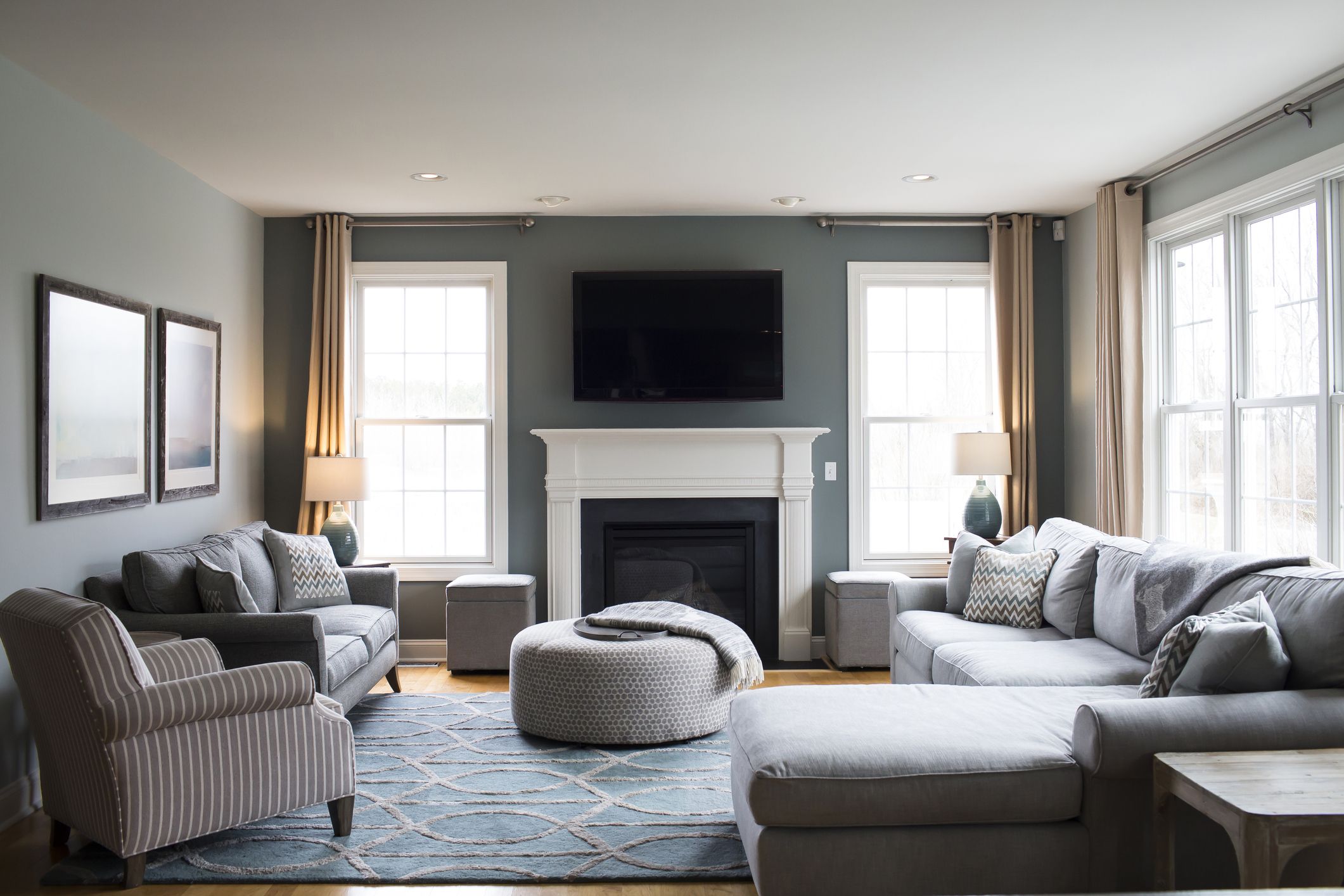
More Space for Creative Design
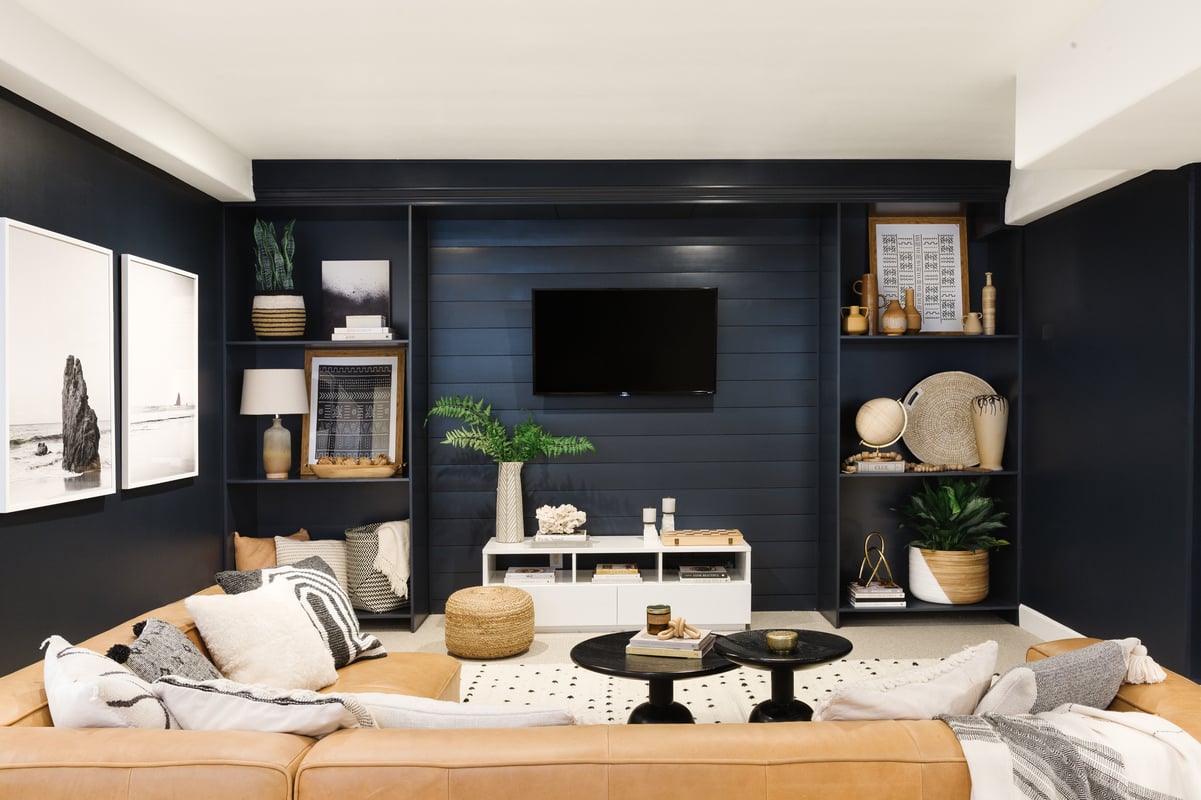 Many homeowners struggle with creating a functional and aesthetically pleasing living room, especially when trying to incorporate a large television. Without a TV taking up space, you can focus on creating a beautiful and versatile living room design. This opens up endless possibilities for furniture arrangement, decor, and overall room layout.
With no TV in sight, you can utilize the space for other purposes such as a reading nook, a small home office, or even a cozy conversation area with comfortable seating.
This not only adds visual interest to the room but also makes it a more inviting and versatile space for various activities.
Many homeowners struggle with creating a functional and aesthetically pleasing living room, especially when trying to incorporate a large television. Without a TV taking up space, you can focus on creating a beautiful and versatile living room design. This opens up endless possibilities for furniture arrangement, decor, and overall room layout.
With no TV in sight, you can utilize the space for other purposes such as a reading nook, a small home office, or even a cozy conversation area with comfortable seating.
This not only adds visual interest to the room but also makes it a more inviting and versatile space for various activities.
Reduced Distractions and Screen Time
:max_bytes(150000):strip_icc()/SFinteriors-27-41e87d2e1d184524b6294a99cc9546e5.jpeg) In today's digital age, it's easy to get caught up in endless hours of screen time, whether it's binge-watching your favorite show or scrolling through social media.
By not having a TV in your living room, you eliminate the temptation to constantly have it on in the background or to mindlessly watch whatever is on.
This can lead to a more mindful and present living experience, where you can focus on other activities such as reading, spending quality time with family and friends, or pursuing a hobby.
In today's digital age, it's easy to get caught up in endless hours of screen time, whether it's binge-watching your favorite show or scrolling through social media.
By not having a TV in your living room, you eliminate the temptation to constantly have it on in the background or to mindlessly watch whatever is on.
This can lead to a more mindful and present living experience, where you can focus on other activities such as reading, spending quality time with family and friends, or pursuing a hobby.
A More Relaxing and Cozy Atmosphere
 Having a TV in the living room can sometimes disrupt the peace and quiet of your home. The constant noise and flickering lights can be overwhelming and create a chaotic environment.
By removing the TV, you can create a more calming and serene atmosphere, making it a perfect space for relaxation and unwinding after a long day.
You can also opt for other forms of entertainment, such as board games, puzzles, or listening to music, which can be more engaging and interactive activities for the whole family.
In conclusion, while having a TV in the living room may seem like a staple in modern households, there are numerous benefits to not having one. From creating a more versatile and visually appealing living space to reducing distractions and screen time, not having a TV in your living room can lead to a more mindful and enjoyable living experience. So, next time you're considering adding a TV to your living room, think about the potential benefits of leaving it out and exploring other forms of entertainment and design.
Having a TV in the living room can sometimes disrupt the peace and quiet of your home. The constant noise and flickering lights can be overwhelming and create a chaotic environment.
By removing the TV, you can create a more calming and serene atmosphere, making it a perfect space for relaxation and unwinding after a long day.
You can also opt for other forms of entertainment, such as board games, puzzles, or listening to music, which can be more engaging and interactive activities for the whole family.
In conclusion, while having a TV in the living room may seem like a staple in modern households, there are numerous benefits to not having one. From creating a more versatile and visually appealing living space to reducing distractions and screen time, not having a TV in your living room can lead to a more mindful and enjoyable living experience. So, next time you're considering adding a TV to your living room, think about the potential benefits of leaving it out and exploring other forms of entertainment and design.





















































